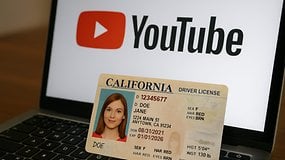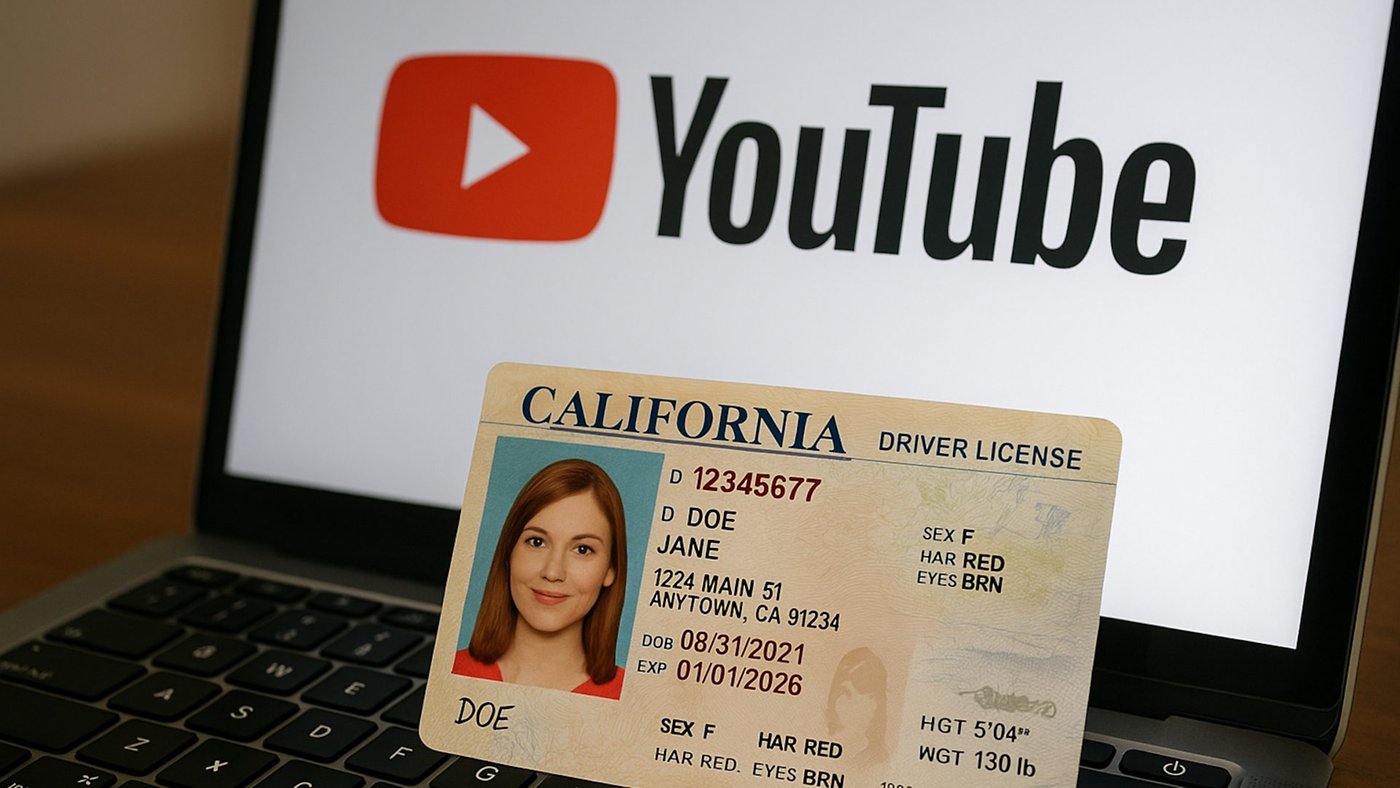YouTube’s New AI “Feature” is Stupid and Potentially Dangerous

Over the past couple of weeks, the Online Safety Act, a new piece of legislation in the UK, has sparked widespread concern among internet users worldwide. According to the government’s official website, the Act is supposed to protect children and adults online. It does so by making potentially harmful content, such as pornography, inaccessible to children. It requires platforms to implement highly effective age checks, which are effectively online ID checks in most cases.
Now, YouTube is starting to implement a new AI “feature” in the US, which is essentially going down the same path. The feature could mean that you will soon be required to submit your sensitive personal information to Google if you want to continue using the service to its full extent.
YouTube Uses AI to Check Your Age
As reported by Dexerto, YouTube is going to implement an AI age estimation feature in the US. This feature estimates your age based on a range of user signals, including your activity on the app and account age metrics. To function properly, the feature will completely disregard the age entered into the account, so even if you’ve entered an age above 18, you may soon be required to prove it if the AI deems your behavior to be too “child-like”.
If the tool determines that you are likely a minor, it will implement restrictions and digital wellbeing tools on your account. The only way to regain access to the full YouTube experience is through online age verification, typically via ID or a credit card.
Many Adults Could be Affected
YouTube’s new AI age estimation feature is supposed to protect children, but it could soon affect many adults. It is unclear what the AI deems to be “childlike behavior” on YouTube. Does watching animated series qualify you as a child in the eyes of YouTube? How about misspelling something during a search?
If you’re rewatching some childhood shows and videos on YouTube, it may soon result in you having to provide your ID to Google. As of right now, the tool’s accuracy is not yet known, but even Google admits that its new feature may make mistakes.
Why is This Dangerous?
Sharing your personal ID with private corporations online is a risky move—one that can have long-term consequences. Unlike government institutions, private companies aren’t bound by the same strict data protection standards. Once your ID is in their hands, it can be stored indefinitely, shared with third parties, or exposed in a data breach.
Even companies with good intentions can fall victim to cyberattacks, and leaked identity documents are a goldmine for criminals looking to commit fraud, open accounts in your name, or steal your identity entirely. In short, handing over your ID online is like giving strangers the keys to your life.
The moment you upload that scan or photo, you’re handing over one of the most powerful tools for tracking your identity across the web. Many companies combine ID data with other personal information they’ve collected—like your browsing habits, location, and purchase history—to build detailed profiles that can follow you from platform to platform. And soon, instead of your username and IP, that info may be attached to your government ID.
This kind of digital surveillance isn’t always obvious, but it’s constant. And once your real identity is tied to your online activity, escaping it becomes almost impossible. You lose the ability to move anonymously online, and everything from the ads you see to the services you’re offered is filtered through the lens of that profile. Even worse, if this data is ever sold or leaked, you have no control over who sees it or how it’s used.
Do you think this new feature will keep children safe while browsing YouTube? Would you be willing to provide proof of your age using a valid ID? Let us know in the comments!
